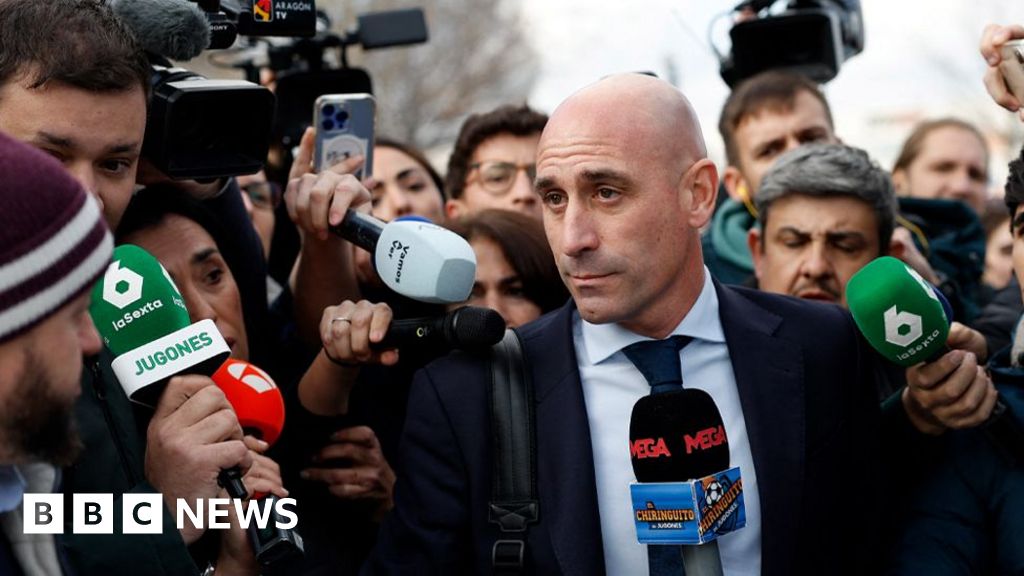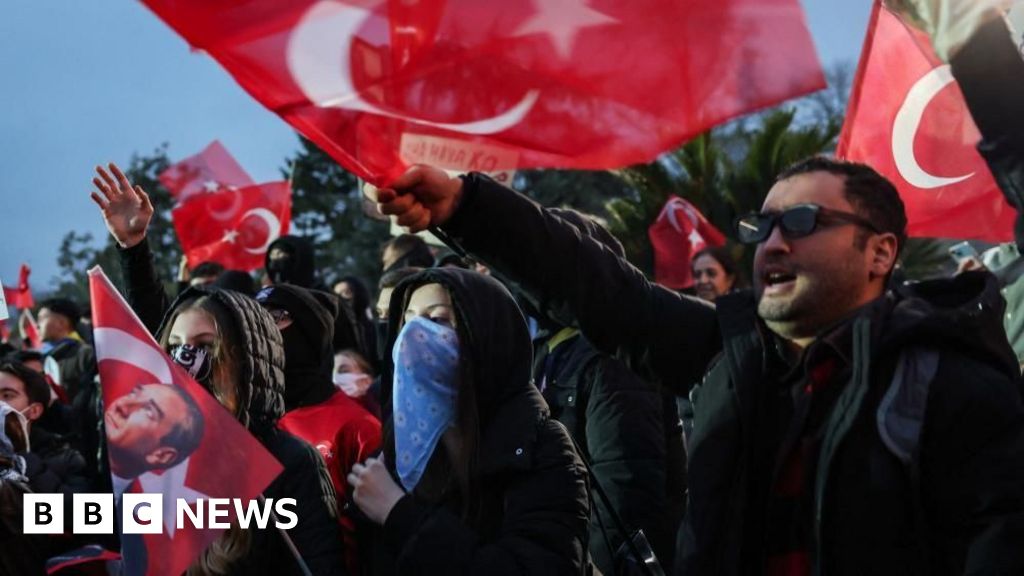A Tug of War and Peace in Yemen — Global Issues
AMMAN, Jordan, Oct 26 (IPS) – For the first time since the beginning of a war that claimed the lives of over 220,000 people, a senior Houthi delegation travelled from Yemen to Saudi Arabia’s capital Riyadh in mid-September.
The timing of the visit, just before the anniversary of the capture of the Yemeni capital, Sana’a, on 21 September 2014 and the subsequent military escalation between the rebels (also known as Ansar Allah) and a Saudi-led military coalition, marks a diplomatic success for the de facto rulers of northern Yemen.
This is despite the fact that their only significant concession so far has been the temporary cessation of cross-border attacks using missiles or drones on neighbouring states such as Saudi Arabia or the United Arab Emirates (UAE).
Some observers cynically suggest that Riyadh’s real motivation is not to create an inclusive and lasting peace in war-torn Yemen but ‘not to disturb the newly bought European football stars with the sound of explosions’. However, the Houthis are showing a genuine interest in continuing negotiations with Riyadh and in exploiting the advantageous momentum of an Iranian-Saudi détente.
With Tehran’s support, they have developed a credible military deterrent in recent years. Neither their internal Yemeni opponents nor the latter’s regional and international supporters have succeeded in preventing or even reversing the consolidation of their rule over large parts of the country and its population.
Yet, with the end of Saudi air strikes in April 2022 and the lifting of air and sea blockades crucial to economic prosperity in northern Yemen, the rebels now lack a key driver for mobilising and securing popular support within their own territory: an external enemy.
Normalisation efforts externally, consolidation of power internally
In the past months, critical voices have grown significantly louder, particularly about the fact that while revenues from taxes, increased tariffs on imports from government-controlled areas and the boosted activity at the port of Hodeida have increased by nearly half a billion US dollars between April and November 2022, public sector employees continue to wait for salaries and pensions that have been overdue for years.
Criticism also came from the ranks of the General People’s Congress (GPC), the former unity and ruling party, to whom, until his surprising ouster by the National Security Council on 27 September, the prime minister of the Houthi government, Abdel-Aziz bin Habtoor, had belonged.
Hence, negotiations and the prospect of a financial peace dividend (i.e. an economic boost a country will get from a peace that follows a war) could be enticing and might buy the rebels time at home — even if it remains unclear how payments from a neighbouring state or the internationally recognised government (IRG) can be reconciled with their own claim to be Yemen’s only legitimate government.
Improving relations with regional states, which could offset reduced or even suspended aid from the West, may help reduce the rulers’ dependencies.
In recent months, the Houthi leadership has therefore taken stronger and more repressive measures to consolidate their rule internally. This has been particularly evident in the area of education and through significant restrictions placed on civil society organisations and women’s freedom of movement.
The latter, in particular, has put the rebels on a confrontational course, especially with Western donor states, whose humanitarian support is the livelihood of more than 20 million people across the country. These tensions are further fuelled by the fact that aid organisations’ ability to prevent the misuse of aid by those in power through independent needs assessments is systematically and sometimes violently curtailed.
Improving relations with regional states, which could offset reduced or even suspended aid from the West, may help reduce the rulers’ dependencies. This also explains why, on the anniversary of the capture of the capital, the Houthi leadership publicly announced that it wanted to address any concerns on the part of Saudi Arabia that might stand in the way of an agreement and stated its intent to double its own combat readiness if an ‘honourable peace’ could not be achieved.
The fragility of normalisation efforts between the former adversaries was underscored when a drone strike on a patrol by the Saudi-led military coalition in the Saudi border area with Yemen killed three Bahraini soldiers on 25 September.
Stuck in the starting blocks: an intra-Yemeni peace process
Although the international conflict dimension has de-escalated, this has not yet been accompanied by significant progress in a potential intra-Yemeni peace. In late September, hundreds of Yemenis commemorating the 1962 establishment of the Yemeni Arab Republic were detained in Houthi-controlled areas.
Although military clashes between the Houthi rebels and the armed forces of the IRG and its allies, assembled in the Presidential Leadership Council (PLC), have significantly decreased, attacks on government troops have not ceased. In July 2023, the rebels employed drones, battle tanks and artillery in the southwestern governorate of Ad Dali. However, a new form of economic warfare is hitting the IRG and especially the people living in areas under its control even harder;
Since October 2022, the Houthis have been using drones to launch attacks on critical oil production and export facilities in IRG-held areas. According to its own reports, the IRG has suffered losses of more than $1 bn in revenue as a result. The Houthis have also imposed a ban on importing gas from government-controlled territory and made it difficult to trade goods within Yemen, especially those imported via the port of Aden.
Although Saudi Arabia stepped in to assist the struggling IRG by pledging $1.2 bn in economic aid at the beginning of August, the economic situation remains dire. The national currency, the Yemeni Rial, has lost a quarter of its value against the US dollar in the past year alone. Gas stations have frequently had to close in recent months, and the people in the southern city of Aden had to endure power outages of up to 17 hours — in sweltering heat.
Frustration among the population is running high, and there have been repeated roadblocks, injuries and even deaths during protests. Despite increased efforts by European partners to bolster the IRG through more frequent visits and a greater presence in Aden, the glaring weakness of state institutions and lack of unity among key actors in the south remain the government’s biggest Achilles heel.
Former allies become estranged
These intra-Yemeni dynamics make Saudi Arabia’s current negotiating strategy, as well as the support it receives from most international actors, all the more problematic. A statement by the US government on the Riyadh talks failed to mention the IRG or the fact that they, along with the United Nations, other conflict parties and civil society actors, are excluded from these ‘efforts for peace’.
The UAE, the second major regional power with high stakes in the conflict, might feel equally left out. Its allies, such as the Southern Transitional Council (STC), which pursues the goal of southern statehood, could perceive their own interests as being at risk. The once-close relationship between Saudi Crown Prince Mohammed Bin Salman and UAE President Mohamed bin Zayed is now widely considered to have broken down. At the same time, the former allies now find themselves separated by the tangible geopolitical conflicts of interest in Yemen and the strategically important straits surrounding the country.
The talks in Saudi Arabia offer hope for a peaceful future for Yemen as they shed light on the real political interests of the Houthis, especially in the area of economic cooperation.
It should come as no surprise then that the President of the STC, Aidarus Al Zubaidi, publicly expressed sharp criticism of Riyadh’s actions on the sidelines of the UN General Assembly. In his view, a ‘bad deal’, which could ultimately pave the way for a complete Houthi takeover, would primarily lead to Iran gaining control not only of Yemeni oil resources but also of strategically important trade routes.
He firmly rejected the notion of unilateral participation by the Houthis in the state revenues generated in the south – particularly in light of the current emergency situation in the region – as well as concessions related to salaries, seaports or the withdrawal of foreign forces in response to what he sees as blackmail tactics by the Houthis before an actual ceasefire is reached.
The talks in Saudi Arabia offer hope for a peaceful future for Yemen as they shed light on the real political interests of the Houthis, especially in the area of economic cooperation, providing a basis for substantial leverage in longer-term negotiations.
However, as long as Saudi Arabia’s primary objective remains limited to a face-saving exit from its involvement in the war and to securing its own border, there is a growing risk that former allies may disrupt the peace process. Additionally, the danger of new military expansionist efforts by the rebels, with potentially dramatic consequences for an already suffering civilian population, increases.
In view of these scenarios, international actors such as the German government should intensify their efforts to promote Yemen-Yemeni reconciliation, including in areas related to development and economic policy, and enable political institutions to regain the trust of an increasingly disillusioned population.
Dr Magdalena Kirchner heads the Friedrich-Ebert-Stiftung’s offices for Jordan and Yemen, based in Amman. Previously, she was the FES representative in Afghanistan.
Source: International Politics and Society (IPS)-Journal published by the International Political Analysis Unit of the Friedrich-Ebert-Stiftung, Hiroshimastrasse 28, D-10785 Berlin
IPS UN Bureau
Follow @IPSNewsUNBureau
Follow IPS News UN Bureau on Instagram
© Inter Press Service (2023) — All Rights ReservedOriginal source: Inter Press Service
Check out our Latest News and Follow us at Facebook
Original Source







